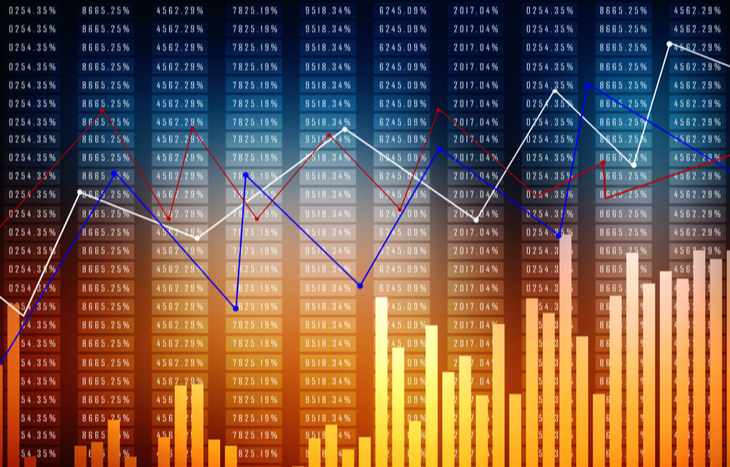September Stocks Fell. Here’s Why.
Photo courtesy Before It’s News
Since the pandemic-induced drop in March 2020, the stock market has been on a tear, up 76% and lining the pockets of everyday Americans and their retirement plans. Then came September. This month had the S&P 500 closing 4.8% down, leaving many to wonder if the market had anything more to give. What happened? Could it have been rising interest rates? Geopolitical struggles with China? The threat posed by Evergrande to the Chinese Economy? Partisan bickering about the debt limit?
Rising interest rates have made house payments more expensive, reducing affordability and potentially slowing the real estate market. That is, since the beginning of September, the yield on the 10 Year Treasury Bond has increased from 1.261% to 1.465% and is still rising. This has translated into higher interest rates for homes, slowing down the real estate market. Lower house values make Americans feel poorer, thus reducing their spending. When less is being spent, the economy slows down. What this means for the stock market is that businesses report higher costs and lower revenue, impacting their growth and thus their stock value.
The relationship between the United States and China is crucial. Smooth trade between the two largest economies spreads wealth and prosperity to both countries since Chinese and American citizens are ultimately each other’s customers. That being said, when one is at a stand still, the other will follow. Any military or diplomatic confrontation could result in barriers to trade.
Inside of China, the Evergrande crisis threatens the price of real estate. Evergrande is the second largest property developer in China with $306.410 billion in total assets (CNBC). They control certain areas such as real estate properties, property construction, finance business, and health industry business. Any threat to that Chinese sector could slow down the nation’s economy. With a population of 1.408 billion people, and Chinese citizens suffering economically, all companies suffer with them.
Another major issue is American debt default. For the past 200 years the United States has been a reliable debtor and always pays its bills. If the US raises the debt limit, it wouldn’t have the resources to finance the debt, potentially leading the country to default on its loan for the first time ever. The outcome may permanently damage the credibility of the country in regards to their reliable reputation when it comes to paying back loans. These factors have been weighing on the stock market for a long time and may have shown in September.
As seen in October, could we expect a change in the stock market? In the month of October, the Dow Jones, S&P 500, and Nasdaq, have shown reasonable gain suggesting a potential bounceback, implying that November could bring surprises to the market.
Grade: 11
Years on Staff: 1
Why are you writing for The Flintridge Press?
I’m interested because I have an interest in writing...









